Unless you’ve been living under a rock, you’ve probably read recently about different companies launching sustainability manifestos, thus putting down in writing pledges to run more eco-friendly companies and manufacture greener products. This month, for example, Scottish craft-beer company BrewDog set out its pledges, including providing vegan alternatives, eliminating plastics in its packaging and favouring recyclable materials.
These kinds of pledges are to be expected from companies dealing in material products, and perhaps particularly from the food and drinks industry as vegan and vegetarianism grows exponentially. However, should all industries, marketing teams and advertising agencies be stating their aims to be greener? While we should all be striving to help save the planet, with many of us making changes in our personal lives to reduce our environmental impact, our desire for sustainability is now entering the world of work – meaning it’s no longer business as usual!
It’s clear to see that consumers increasingly expect businesses to show purpose and integrity. A consumer survey conducted by Deloitte in 2019 showed that 55% of respondents believe that businesses today have a greater responsibility to act on issues relating to their purpose, with 20% also stating how a company treats the environment as a consideration when buying products.
Within creative industries themselves, some agencies and creatives are now committed to working ethically and are taking action. A number of agencies have declared a climate emergency and have begun refusing work associated with what they term as ‘high carbon clients.’ Individuals and agencies working under the guidelines of the Creative Climate Disclosure hope that through resisting working with high carbon industries, disinformation and climate scepticism will be alleviated – and, consequently, allow consumers to make more informed choices about their purchases.
It’s evident that fewer and fewer businesses are now able to take a neutral stance in moral matters. Even BP, one of those high carbon companies that consumers and creatives alike may be seeking to avoid, has now stated its own climate initiatives. In a climate where no company is too small to make a difference, how best can businesses communicate their responsibilities, aims and values to consumers who are eager to listen?
A sustainability manifesto, or a mission statement that outlines a company purpose, is a clear way to start. Whether in the form of a letter, a list of actions taken and changes achieved or an easy to understand mission statement that communicates the good your business brings to the user, evaluating the purpose of your business and stating this clearly to consumers sets a tone that seeks to add value and be ethical.
Sounds simple enough, right? However, brands have to walk the walk as well as talk the talk. As consumers increasingly expect transparency and purpose from the companies they buy from, it’s easier than ever to spot when a business may be fibbing, and furthermore criticise the companies that get their message wrong.
It’s perhaps best then to start simple as businesses plan their sustainability pledges and consider realistically what they can achiever within their sector. However, if you have a product, design or solution that aligns with the trend for sustainability, don’t keep quiet about it! With consumer demand for sustainable products likely to increase as countries adapt to climate regulations, establishing your business’ values earlier rather than later will help companies stand out from the crowd and survive the tide of change.
For more information about what our award winning marketing agency can do for you, why not take a look at the digital marketing services we offer or contact us to tell us more about your business? Offering everything from PPC management to creative social media marketing services, we can help with whatever you need.

